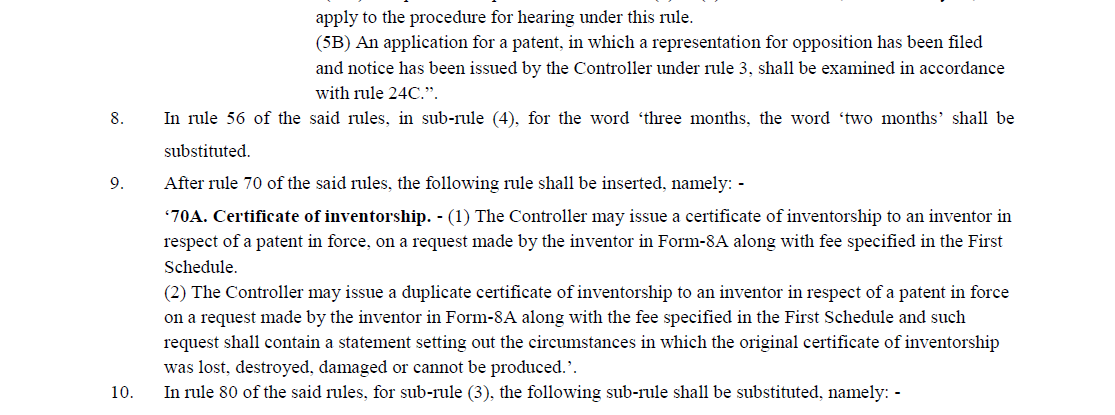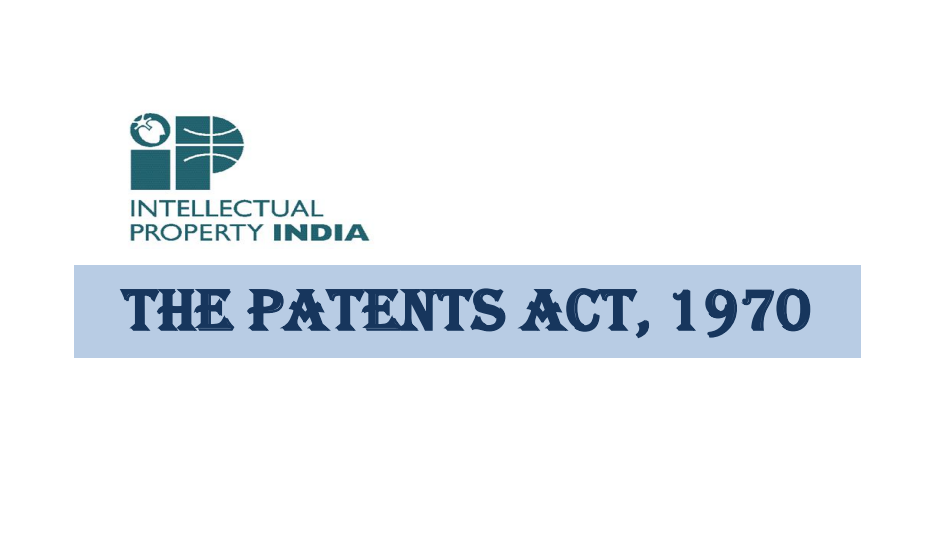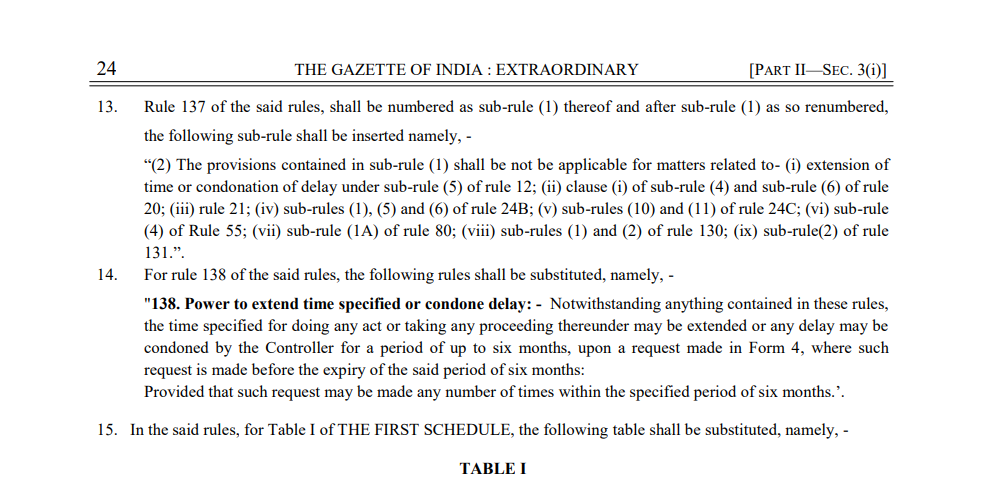Pre-grant opposition in India serves as a vital mechanism for the public to contest the scope of patent protection claimed in pending patent applications. Under Section 25(1) of The Indian Patents Act, 2005, any person can file a pre-grant opposition against a published patent application, referred to as the “impugned patent application.” This representation must outline specific grounds for opposition and include relevant documents that challenge the patentability of the claims, all of which must be published prior to the priority date of the impugned application.
Individuals or organisations often pursue pre-grant opposition with distinct objectives. Competitors may seek to prevent a patent applicant from obtaining patent rights, as such rights could create a monopoly for the applicant in India. On the other hand, public-spirited individuals or NGOs may file oppositions to ensure that the market remains free from monopolistic practices, thereby benefiting the broader public. The primary aim of opposing parties is typically to deny patent protection entirely or to limit the scope of claims significantly, allowing competitors and the public greater freedom in the marketplace.
Before the recent Patent (Amendments) Rules 2024, the Learned Controller of Patents would notify the patent applicant if the Learned Controller is satisfied that the representation can impact the scope of protection of the impugned application. Upon receiving this notice, the applicant was required to submit a counter-statement or reply. Following this, a hearing notice would be issued to both the opponent and the applicant for a personal hearing. Ultimately, after concluding the hearing proceedings, the Learned Controller could either reject, allow, or direct amendments to the impugned patent application.
MISUSE OF PRE-GRANT OPPOSITION PROCEEDINGS
Unfortunately, some competitors have exploited pre-grant opposition procedures by filing multiple representations sequentially to delay the grant of patent rights to the patent applicant. To address this issue and Hon’ble Court’s observations on the orders of the Learned Controllers, significant changes have been introduced under the Patent (Amendments) Rules 2024.
KEY AMENDMENTS IN THE PRE-GRANT OPPOSITION PROCEDURE:
- Notice Issuance: The Controller will not issue a notice to the patent applicant unless there is prima facie evidence that the representation could impact the patentability of the pending application.
- Rejection without issuing a notice to the Patent Applicant: The Learned Controller can reject pre-grant oppositions even before notifying the patent applicant.
- Reasoned and Speaking Orders: In both scenarios mentioned above, any decision made by the Learned Controller must be documented with a reasoned and speaking order. If the orders regarding either the rejection or acceptance of the representation do not clearly disclose the reasons behind the Controller’s conclusions, the appellate courts will likely overturn such orders.
- Hearing Fees: A fee for parties attending pre-grant opposition hearings has been introduced.
- Submission of Additional Documents: Parties may submit additional documents before hearings, subject to approval by the Controller.
- Expedited Examination: Once the Learned Controller is satisfied that a prima facie case exists in the representation and a notice is issued to the patent applicant, the patent application examination will transition from the normal route to an expedited examination process. This amendment will significantly alter the strategy for filing pre-grant opposition representations, making it more challenging for opposing parties to delay granting patent rights through successive representations.
For a deeper dive into other recent amendments, be sure to check out our YouTube channel, where I’ve explored their implications in detail.
I hope this newsletter, which focuses on the recent changes in pre-grant opposition, helps you stay informed about how these amendments may affect your patent application process or your approach to filing a pre-grant opposition.
I welcome your feedback and encourage you to share any insights or experiences related to the amendments introduced in the pre-grant opposition proceedings. Your thoughts are invaluable!
Connect with a Legal Professional
Disclaimer: In compliance with the Bar Council of India guidelines, this article is intended for informational purposes only and does not constitute legal advice or a
solicitation for legal services.



